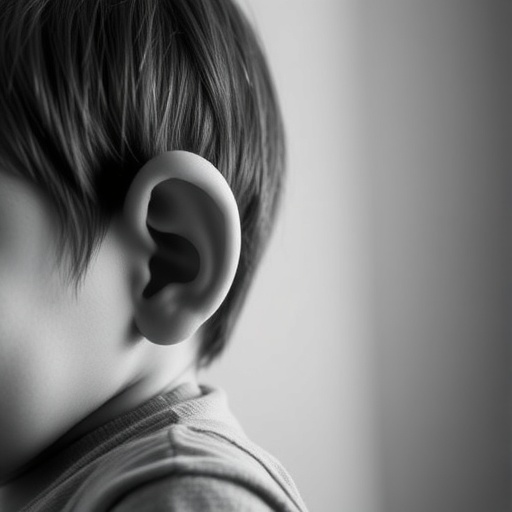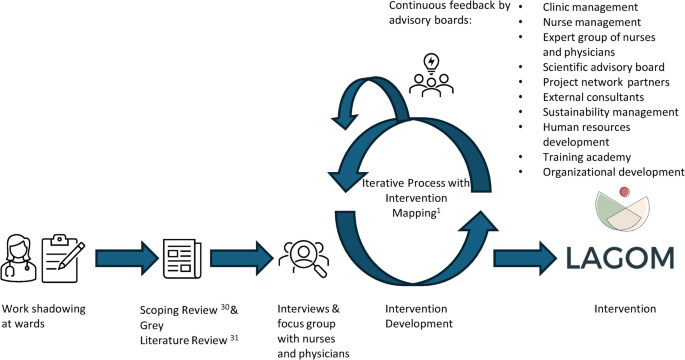
Hearing loss can drive changes in how specific brain regions function and lead to social isolation, which can contribute to cognitive decline.
Untreated hearing loss can mean more than missing out on music, conversations, laughter, and countless other sounds. Over time, hearing loss can also contribute to cognitive impairment and even dementia.
Hearing loss can affect the structure and function of specific brain regions responsible for memory formation and recall. It can also lead to social isolation, which means less cognitive stimulation — a significant risk factor for dementia.
Managing your hearing loss with hearing aids or procedures that can restore some of your hearing ability can make a significant difference, not just in your thinking skills but in your overall quality of life.
A 2020 study suggests that hearing loss accounts for about
But unlike some dementia risk factors — such as advancing age and genetics — experts consider hearing loss to be a manageable or treatable risk factor. That means when hearing loss develops, diagnosis and treatment may help prevent or at least delay the onset of dementia.
Social isolation
Hearing loss can keep you from interacting easily with others, especially if the problem is untreated. Being unable to chat with friends and family members or attend concerts, movies, or other events or outings that require healthy hearing to enjoy can lead to social isolation.
While isolation can lead to feelings of loneliness and depression, it can also result in less cognitive stimulation.
Social interaction means learning new things, communicating, recalling memories, concentrating, and other brain functions. Without that interaction, you use those functions and skills less and less.
Brain atrophy
People who experience hearing loss may have a higher risk of developing brain atrophy (shrinkage) in key regions of the brain.
The temporal lobe is one such region — it’s involved with hearing, language, and memory. One possible explanation is that these regions are typically engaged when processing sounds, so without that stimulation, they shrink.
A
Other brain changes
Another possible explanation for the hearing loss-dementia connection is that certain brain regions automatically work harder to understand and process language and other sounds when a person can’t hear well.
This additional burden may pull resources away from parts of the brain involved with learning, concentration, language, and memory.
If you notice sudden hearing loss in one ear, seek emergency care. This could signal a stroke or other serious problem.
Common signs of hearing loss include:
- asking other people to speak up or repeat what they said
- being more aware of background noise interfering with conversation
- muffled speech or other sounds
- tinnitus (ringing in the ears)
- turning up the volume on the radio or television
What part of the brain is affected by hearing loss?
Two of the main regions affected by hearing loss are the temporal lobe and the frontal cortex.
The temporal lobe is involved with sound processing, among other functions. The frontal cortex is especially involved with attention and executive function, such as decision making and planning.
How can an audiologist help someone with dementia?
An audiologist is a healthcare professional who can conduct hearing tests and help fit you with hearing aids. By improving your ability to hear, an audiologist may help delay or prevent cognitive decline due to hearing loss.
Is age-related hearing loss reversible?
Age-related hearing loss is not reversible. However, you can often prevent or minimize age-related hearing loss with lifestyle adjustments, such as avoiding prolonged exposure to loud noises. You can also manage age-related hearing loss with hearing aids.
Research suggests a clear link between hearing loss and dementia. If you experience hearing loss or suspect your hearing may be declining, getting a thorough hearing exam with an ENT or audiologist may help reduce your risk of developing dementia.
An audiologist can help you with hearing aids but cannot diagnose medical conditions causing your hearing loss. The sooner you can get an evaluation once hearing loss symptoms start, the more likely you can preserve some or most of your hearing.
If you’ve tried hearing aids in the past and had trouble getting them fitted or having them effectively enhance your hearing, don’t be discouraged. Advances in technology are making hearing aids more comfortable and easier to use.
Talk with a doctor to learn more about avoiding hearing loss and potential complications like dementia.
link







